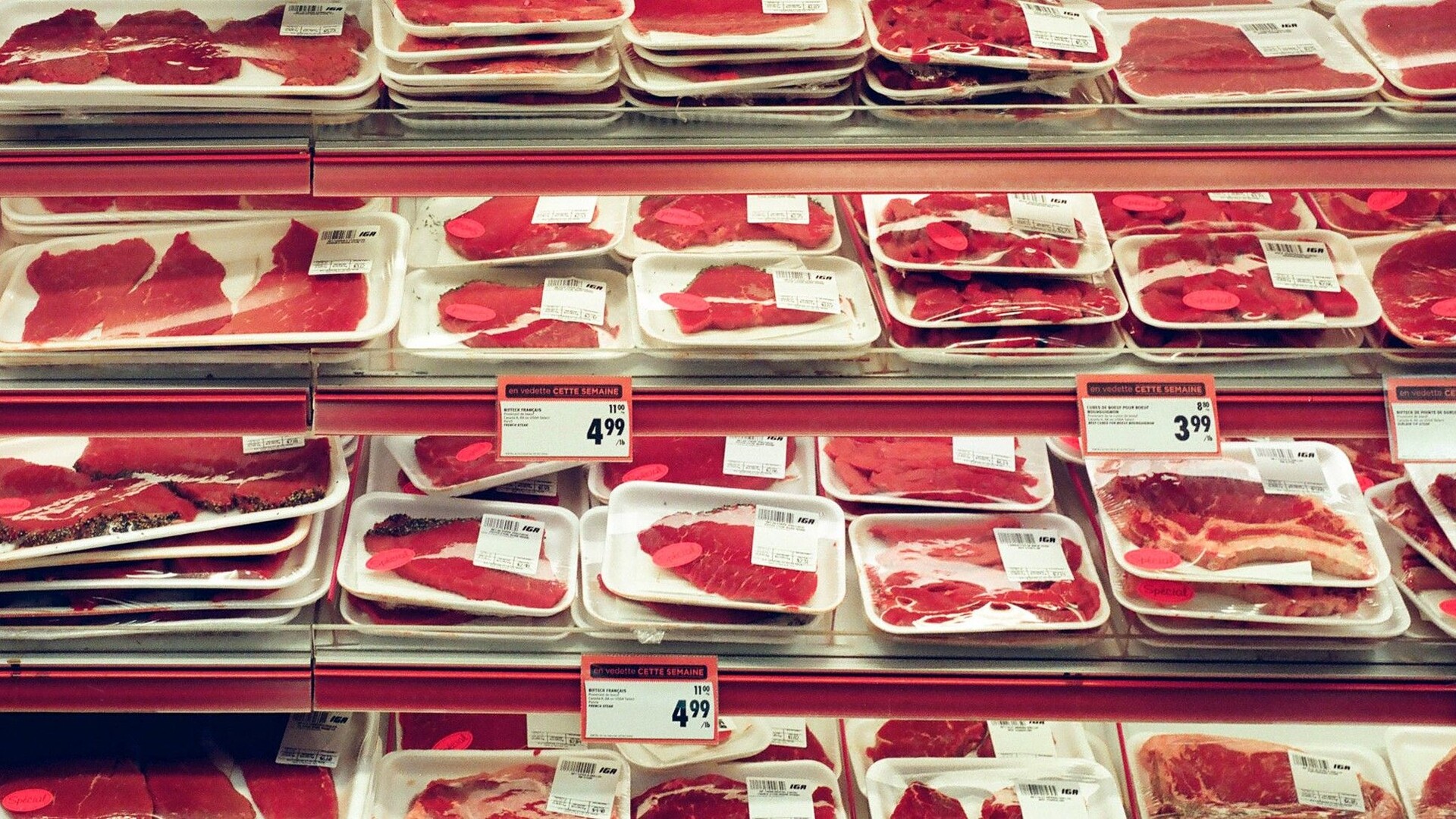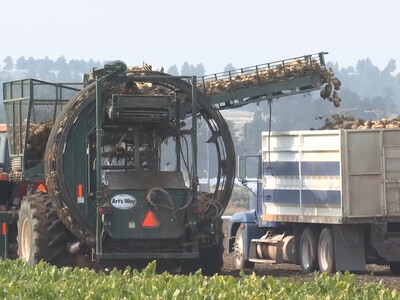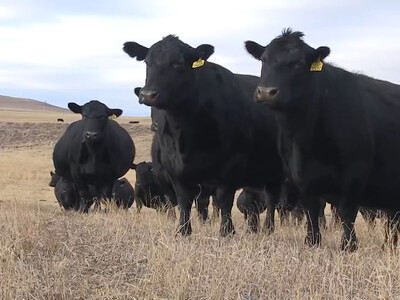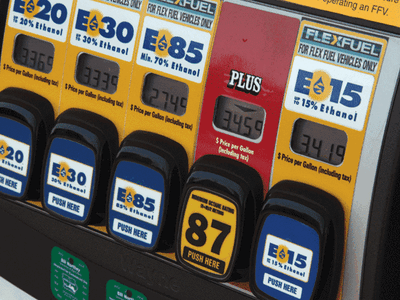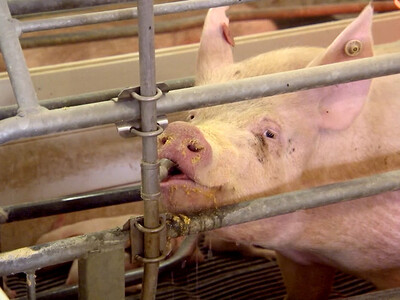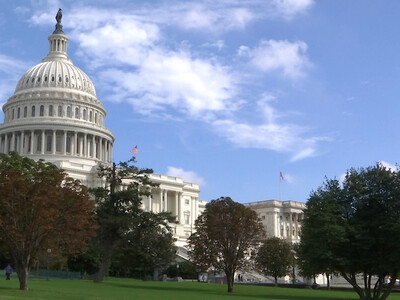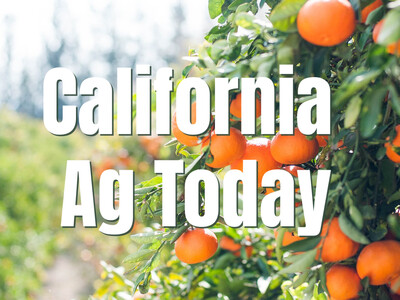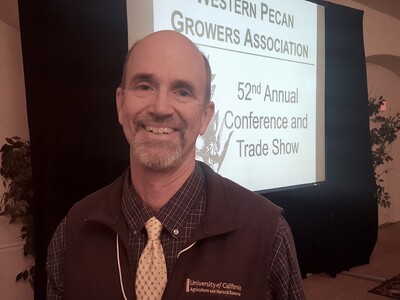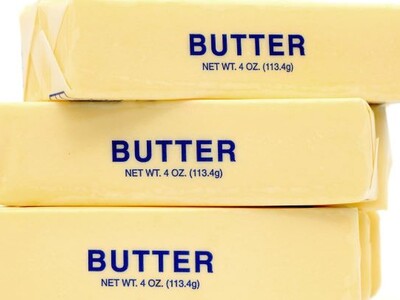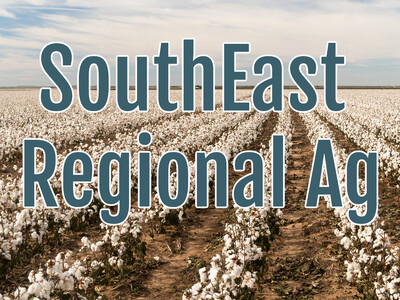Vilsack Says USDA Voluntary Meat Label Won't Spark Trade Challenges
Agriculture Secretary Tom Vilsack expressed confidence Monday that USDA’s plan for voluntary country-of-origin labeling of U.S. meat won't spark trade disputes with its North American trading partners.This time around, the U.S. labeling effort would only be for producers who choose to participate and the meaning of the labels would be immediately clear to consumers, Vilsack said.
The “Product of USA" label could be applied to beef, pork, poultry and egg products.
Both Canada and Mexico sued the U.S. in the World Trade Organization over a previous labeling scheme and won, but that won’t happen again, Vilsack promised while speaking at the Agri-Pulse Ag and Food Policy Summit.
“That’s not going to happen,” Vilsack said. “The reason it’s not going to happen is that there’s a significant difference between the decision that was made at the WTO … when I was previously secretary on a mandatory (labeling) program. This is a voluntary program. That is a significant distinction.”
Vilsack’s certainty isn’t shared by Canada and Mexico, says North American Meat Institute spokesperson Sarah Little.
“Mexico and Canada have both issued statements seeking to learn more about USDA’s proposed Product of USA label,” she told Agri-Pulse. “They have also expressed the concern that although a voluntary label, the proposed rule may result in the segregation of live animals and meat exports from their nations.”
NAMI, which represents meat processors, also has its own concerns.
“We are still looking at the proposed rule,” Little said. “We think this proposal is problematic, especially regarding trade and the requirements for labeling of processed foods with multiple ingredients.”
Vilsack also stressed during his comments that the proposed Product of USA voluntary label would be simpler than the previous mandatory version, which included rules for mixed-origin products like ground beef.
Vilsack said there is “no legal reason for anyone to question the capacity of a voluntary label to accurately represent for consumers what they believe it to mean,” which is that the product was born, raised and slaughtered in the United States and not just processed in the U.S.
“We did a survey,” Vilsack said. “We know what consumers in this country think it means. It means everything that was done with that product was done in the U.S. In the past that was not the case.”
Source: Agri-Pulse


